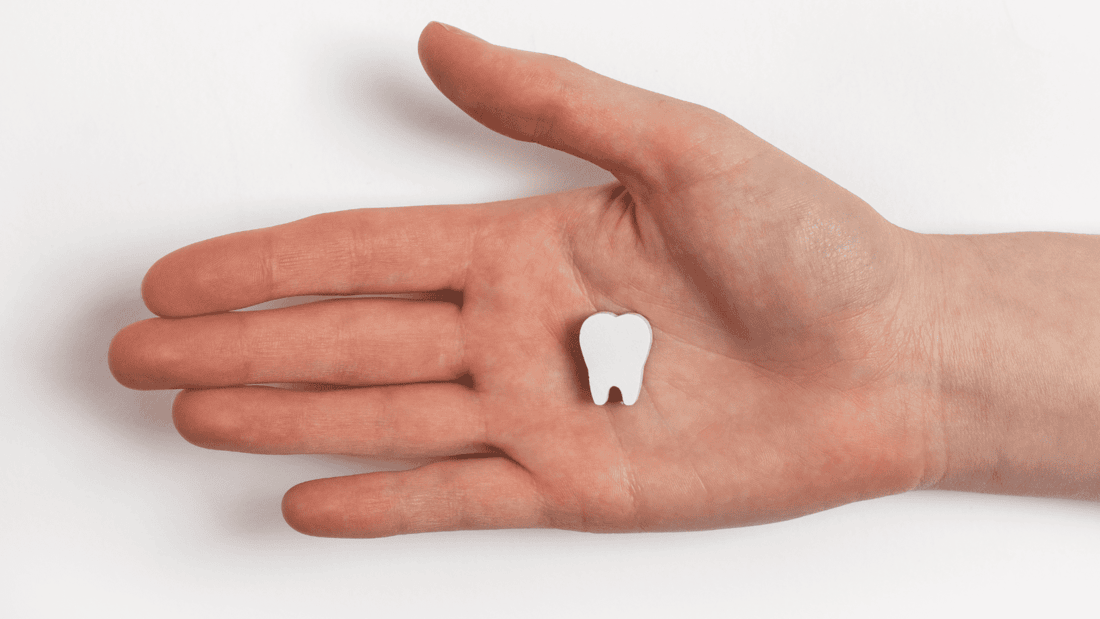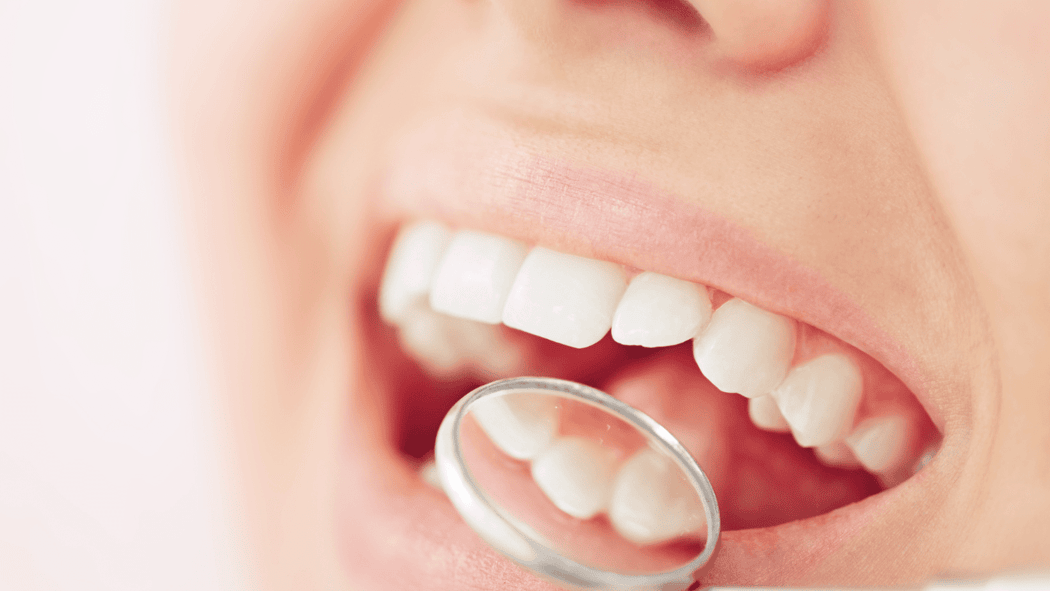In today’s fast-paced world, it’s easy to forget about taking care of your teeth. But did you know that your gum health is just as important as your tooth health? Here are four reasons why you should take care of your gums:

Gum Disease Is the Leading Cause of Tooth Loss In Adults

Gum disease is the leading cause of tooth loss in adults. That’s right, not cavities, but gum disease. And yet, many people don’t even know they have it.
Gum disease is an infection of the gums and the bone that surrounds and supports your teeth. It’s usually caused by plaque, a sticky film of bacteria that forms on your teeth. If plaque isn’t removed, it can harden into tartar, which is much harder to remove.
Gum disease can be mild, moderate, or severe. In its early stages, you may not even know you have it. But as it progresses, you may notice your gums bleeding when you brush or floss. Your gums may also be red, swollen, and tender. You may even lose gum tissue or teeth.
If you have any of these symptoms, see your dentist right away. The earlier you catch gum disease, the easier it is to treat.
There Are Two Main Types Of Gum Disease: Gingivitis And Periodontitis.
Gingivitis is the early stage of gum disease. It’s usually caused by plaque that isn’t removed from your teeth. Gingivitis can be reversed with good oral hygiene.
Periodontitis is the more advanced stage of gum disease. It occurs when the plaque and tartar below the gum line begin to destroy the bone and connective tissue that support your teeth. Periodontitis can’t be reversed, but it can be controlled.
Gum disease is serious, but it’s also preventable. The best way to prevent gum disease is to practice good oral hygiene. That means brushing twice a day, flossing daily, and seeing your dentist regularly.
If you already have gum disease, there are treatments available to help control it. These include deep cleanings, antibiotics, and surgery.
Deep cleanings are also called scaling and root planing. They’re done to remove the plaque and tartar from below the gum line.
Antibiotics are used to kill the bacteria that cause gum disease. They can be taken by mouth or applied directly to the gums.
Surgery is sometimes necessary to treat gum disease. Surgery can be used to remove the tartar and plaque from below the gum line. It can also be used to repair damage caused by gum disease.
Healthy Gums Can Help Prevent Cavities and Bad Breath

We all know that taking care of our teeth is important for our overall health, but did you know that healthy gums are just as important? That’s right, keeping your gums healthy can help prevent cavities and bad breath.
Cavities occur when the enamel on your teeth breaks down, exposing the softer, inner layers of your teeth to bacteria. This can happen when you don’t brush or floss regularly, or if you eat sugary or acidic foods that break down the enamel.
Bad breath is caused by the bacteria in plaque and tartar. When these bacteria break down food, they release an unpleasant odor.
If you have healthy gums, they act as a barrier to keep bacteria from getting into your teeth. But if your gums are unhealthy, they can start to pull away from your teeth, creating pockets that bacteria can enter. This can lead to gum disease, which can damage the gum tissue and the bone that supports your teeth.
See your dentist every six months for a cleaning and checkup. Your dentist will remove plaque and tartar from your teeth and check for cavities.
Gum Problems Can Contribute To Serious Health Problems

Most people think of gum disease as something that only affects their oral health. However, recent research has shown that gum disease can actually contribute to a number of serious health problems.
Heart disease: Gum disease has been linked to an increased risk of heart disease.
Stroke: Gum disease has been linked to an increased risk of stroke.
Diabetes: Gum disease has been linked to an increased risk of diabetes.
Respiratory problems: Gum disease has been linked to an increased risk of respiratory problems, such as pneumonia.
Osteoporosis: Gum disease has been linked to an increased risk of osteoporosis.
The good news is that gum disease is preventable. There are a number of things you can do to reduce your risk of gum disease, including:
– Brushing your teeth twice a day
– Flossing daily
– Visiting your dentist regularly for checkups and cleanings
– Quitting smoking
If you are already experiencing symptoms of gum disease, such as bleeding gums, it is important to see your dentist as soon as possible. Gum disease is treatable, but it is important to catch it early.
Gum Disease Can Be Painful And Make It Difficult To Eat And Speak. Taking Care Of Your Gums Can Help Prevent Gum Disease And Keep Your Teeth Healthy.
Gum disease is an infection of the gums that can cause pain and make it difficult to eat and speak. Taking care of your gums can help prevent gum disease and keep your teeth healthy.

The first step in taking care of your gums is to brush and floss your teeth every day. This will help remove plaque from your teeth and gums. Plaque is a sticky film of bacteria that forms on your teeth and gums. If plaque is not removed, it can harden and turn into tartar. Tartar can irritate your gums and lead to gum disease.
Another way to take care of your gums is to see your dentist regularly. Your dentist can remove tartar and plaque from your teeth and gums. He or she can also check for signs of gum disease and treat it if necessary.
If you have gum disease, it is important to keep your mouth clean and your teeth and gums healthy. Your dentist can show you how to brush and floss your teeth correctly. He or she may also recommend special mouthwashes or toothpastes to help control plaque and tartar.
In some cases, gum disease may require surgery. Surgery may be needed to remove tartar or plaque that is hard to remove with brushing and flossing. Surgery may also be needed to treat infections or to repair damage to the gums or teeth.
So make sure to brush and floss regularly, and see your dentist for regular checkups. Taking care of your gums is an important part of taking care of your overall health.
FAQ

What is gum disease?
Gum disease is an infection of the gums. It is the leading cause of tooth loss in adults.
What causes gum disease?
Gum disease is caused by plaque, a sticky film of bacteria that forms on teeth. Plaque can irritate the gums, making them red, swollen, and tender. If plaque is not removed, it can harden into tartar, which can lead to gum disease.
How can I prevent gum disease?
You can prevent gum disease by brushing and flossing your teeth daily and by visiting your dentist regularly for professional cleanings.
What are the symptoms of gum disease?
The symptoms of gum disease include bleeding gums, receding gums, and bad breath.
How is gum disease treated?
Gum disease is treated by removing the plaque and tartar from the teeth. This can be done by professional cleanings or by scaling and root planing, a procedure done by your dentist.
What are the benefits of Keep Your Gums Healthy?
The benefits of keeping your gums healthy are many. They include:
1. Prevention of gum disease: Healthy gums are less likely to develop gum disease.
2. Better oral hygiene: Healthy gums make it easier to keep your teeth and mouth clean.
3. Improved appearance: Healthy gums can improve the appearance of your smile.
4. Better overall health: Healthy gums are linked to better overall health.
5. Reduced risk of tooth loss: Healthy gums can help reduce the risk of tooth loss.
How can I restore my teeth after tooth loss?
There are many ways to restore your teeth after tooth loss. Some options include dental implants, dentures, and bridges. Your dentist can help you choose the best option for you based on your individual needs.
